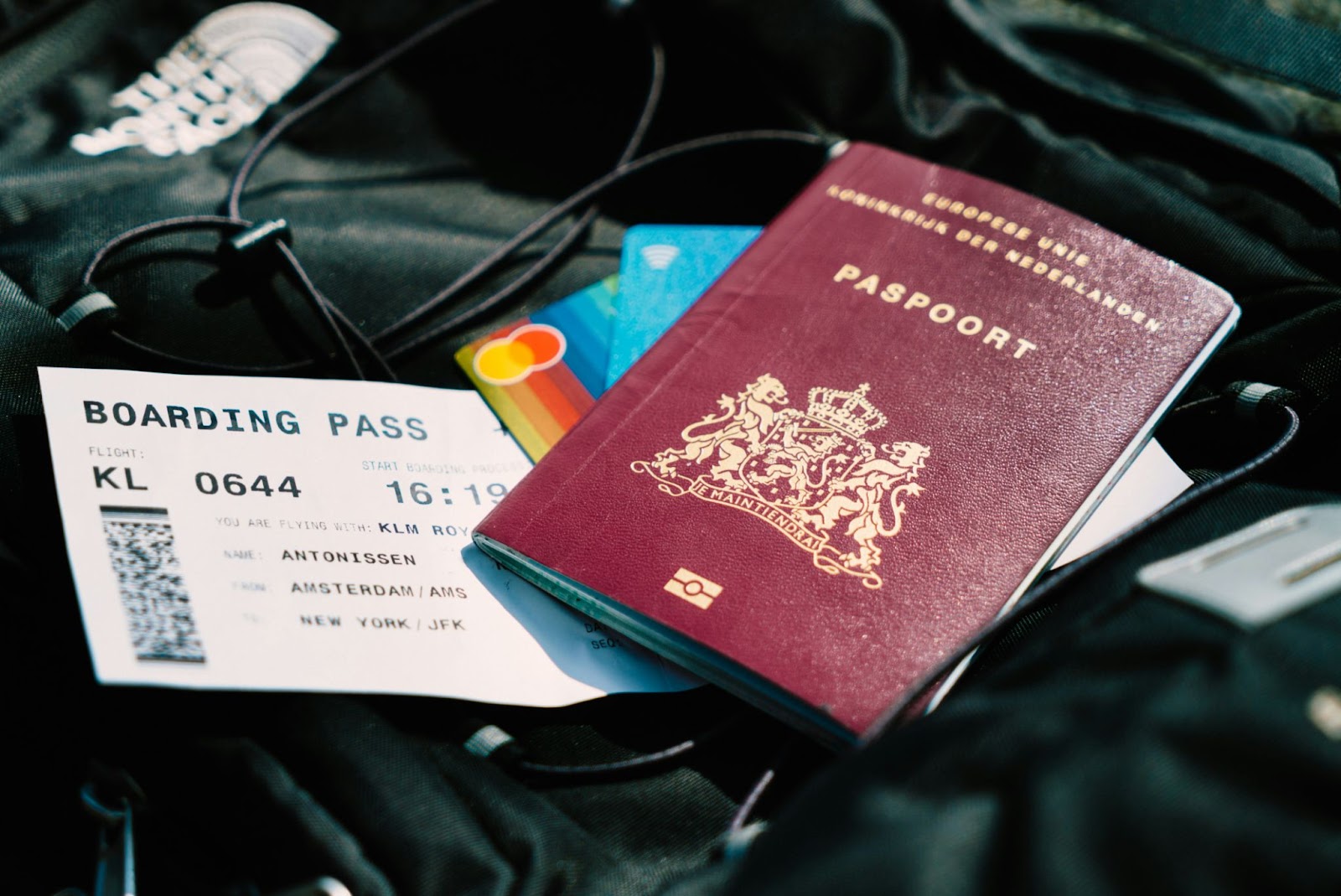15 Travel Habits That Could Accidentally Get You Into Trouble Abroad

It’s easy to assume that what’s normal at home works everywhere—but travel quickly humbles us. Across borders, small habits—like tipping, taking photos, or even how you cross the street—can carry completely different meanings. What seems harmless might be seen as rude, illegal, or downright baffling. Whether you’re a seasoned flyer or a casual explorer, these 15 everyday behaviors could trip you up if you’re not paying attention. A little cultural awareness can go a long way.
Wearing Shoes Indoors

In countries like Japan, South Korea, and parts of Scandinavia, entering a home—or even some restaurants—with shoes is rude. It’s more than etiquette; it’s cultural hygiene. If you see slippers at the door, take the hint and leave your soles at the threshold.
Not Carrying Your Passport

In some countries, you’re legally required to have an ID on you at all times. A photocopy isn’t enough. Especially in parts of Eastern Europe or Southeast Asia, random checks can happen. Not having it can lead to fines or long delays in your day.
Talking Loudly in Public Spaces

What feels normal in a café at home might come off as disruptive elsewhere. In places like Germany, Japan, or Switzerland, being loud in public is frowned upon. You’ll blend in—and show respect—by dialing it down a notch.
Trying to Tip Everywhere

While tipping is common in the U.S., it can be confusing or insulting in other parts of the world. In Japan, for instance, leaving money behind might be seen as awkward or disrespectful. Know the local custom—it varies widely, and sometimes, none is expected.
Hand Gestures That Don’t Translate

The peace sign? Thumbs up? Not always friendly. In parts of the Middle East, South America, or Greece, certain gestures carry very different meanings. What you think is cheerful could accidentally offend—so when in doubt, keep it simple.
Photographing People Without Asking

In many cultures, snapping someone’s photo without consent is not just rude—it’s invasive. This is especially true in remote villages, religious settings, or markets. A polite gesture or smile goes a long way, and you might even spark a conversation.
Misusing Public Transportation Cards

In cities like London (Oyster), Tokyo (Suica), or Hong Kong (Octopus), local travel cards are convenient—but rules are strict. Not tapping in or out correctly can mean unexpected fines or blocked exits. Watch what locals do and follow their lead.
Overbooking Your Itinerary

Cramming too much into a day might seem efficient, but in places with long lunch breaks (Spain), midday closures (Italy), or unpredictable transport (India), it can backfire. Building in buffer time helps you stay calm and adapt when plans shift.
Disrespecting Dress Codes

Even in hot weather, certain sites—like temples, mosques, or churches—require covered shoulders or long pants. Ignoring this isn’t just impolite, it can get you denied entry. Always carry a scarf or wrap—it’s a simple fix with big impact.
Public Displays of Affection

While holding hands might be fine in Paris, it can attract unwanted attention—or worse—in conservative countries. In places like the UAE or parts of Southeast Asia, public affection is a cultural line not to cross, regardless of your intent.
Drinking in Public Spaces

Open container laws vary wildly. In many European cities, sipping wine in a park is common. But in countries like the U.S., Singapore, or Malaysia, public drinking can lead to hefty fines. When in doubt, check the local law—or ask a local.
Forgetting Quiet Hours

In parts of Europe and Asia, apartment buildings and even hotels observe strict quiet hours. Loud footsteps, conversations, or music can prompt noise complaints. It’s a simple way to show respect—and avoid unpleasant knocks on your door.
Crossing Streets Without Looking

Jaywalking is more than just dangerous in places like Singapore or Germany—it’s illegal and enforced. Pedestrian rules are serious business in many countries, so stick to crosswalks and wait for the green. You’ll avoid fines and keep things safer.
Assuming English Will Work Everywhere

While English is widely spoken in major cities, it’s not universal. In rural areas, small towns, or local markets, a little local language effort—hello, thank you, excuse me—goes a long way. Not trying at all can come off as dismissive or arrogant.
Ignoring the Power of Local Etiquette

Sometimes, it’s not one action but the attitude behind it. A sense of entitlement or impatience can sour even brief interactions. Learn a bit about local manners—how to queue, how to greet. These small behaviors often matter more than big plans.